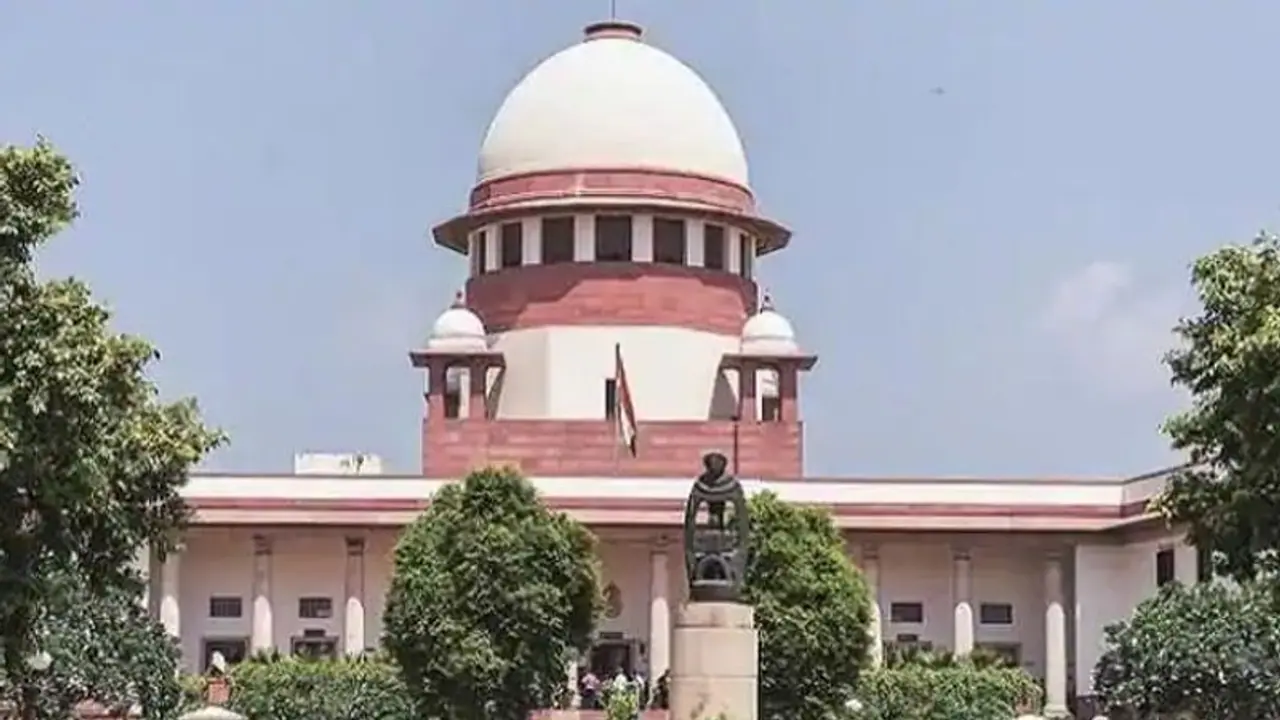The Supreme Court on Thursday expressed concern over the misuse of "colonial-era" penal law on sedition and sought response of the Centre.
Terming sedition law "colonial', the Supreme Court on Thursday expressed concern over the misuse of the law and asked the Centre why it has not got rid of the law, which was originally meant to "suppress freedom movement" at a time when several old laws have been repealed.

The Supreme Court on Monday was hearing a petition challenging the constitutional validity of the sedition law, termed it as a “colonial law used against the freedom fighters of India”.
“The sedition law is a colonial law and was used by the British and to suppress our freedom. It was used against Mahatma Gandhi and Bal Gangadhar Tilak,” the court noted.
Chief Justice NV Ramanna questioned whether the colonial-era sedition law was necessary after 75 years of Independence. Noting that the law was initially used to stifle Mahatma Gandhi during the Independence movement, the CJI expressed concern at the alarming number of misuse of the law.
Some guidelines may be laid down to curb misuse of sedition law, Attorney General KK Venugopal said while defending the validity of the provision.
The bench was hearing a fresh plea by former army officer Major-General S G Vombatkere (Retd) challenging the Constitutional validity of section 124 A (sedition) of the IPC on grounds that it causes a "chilling effect" on speech and is an unreasonable restriction on free expression, a fundamental right.
The Supreme Court is hearing a clutch of applications challenging the constitutional validity of this IPC section. But what makes this plea by the Army veteran different from others is that it prays to quash all complaints under this law. The petition said when the law was upheld in 1962, the definition of fundamental rights was different. Now it needs a relook, the petitioner said.
According to Section 124 A of the Indian Penal Code, whoever, by words, either spoken or written, or by signs, or by visible representation, or otherwise, brings or attempts to bring into hatred or contempt, or excites or attempts to excite disaffection towards, the Government established by law in [India] shall be punished with [imprisonment for life], to which fine may be added, or with imprisonment which may extend to three years, to which fine may be added, or with fine.
The offence is not bailable. In 1962, the Supreme Court had upheld the law in Kedar Nath Yadav versus the State of Bihar.
As per the National Crime Records Bureau (NCRB) report, 10,938 individuals accused of sedition since 2010 were charged under the Modi government. Moreover, sedition cases have jumped from 35 in 2016 to 70 in 2018 and 93 in 2019.
NOTE: Asianet News humbly requests everyone to wear masks, sanitize, maintain social distancing and get vaccinated as soon as eligible. Together we can and will break the chain #ANCares #IndiaFightsCorona
